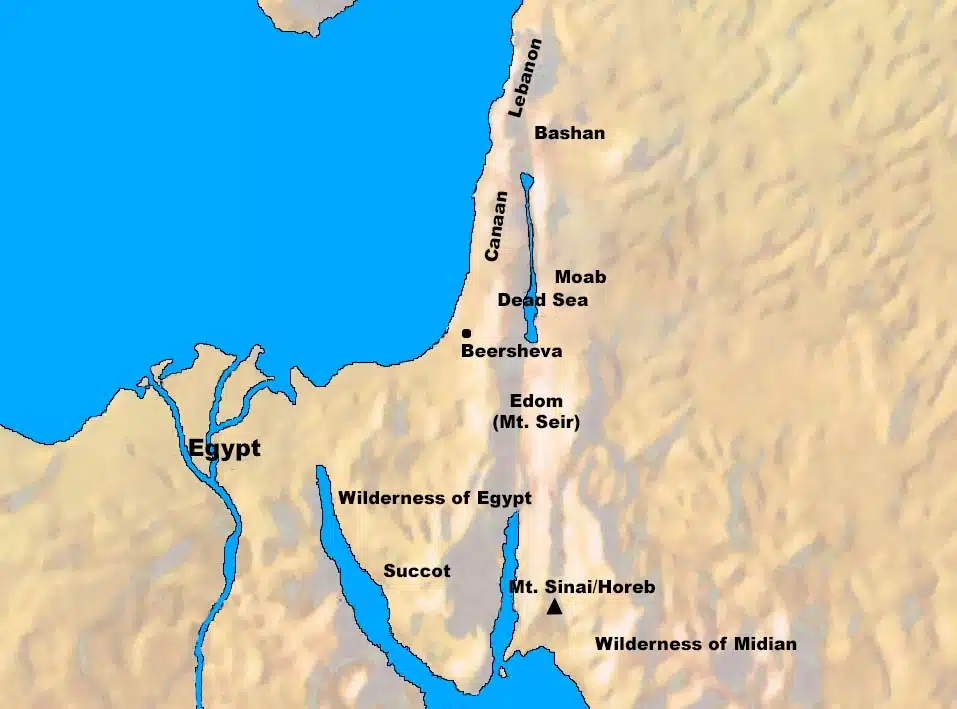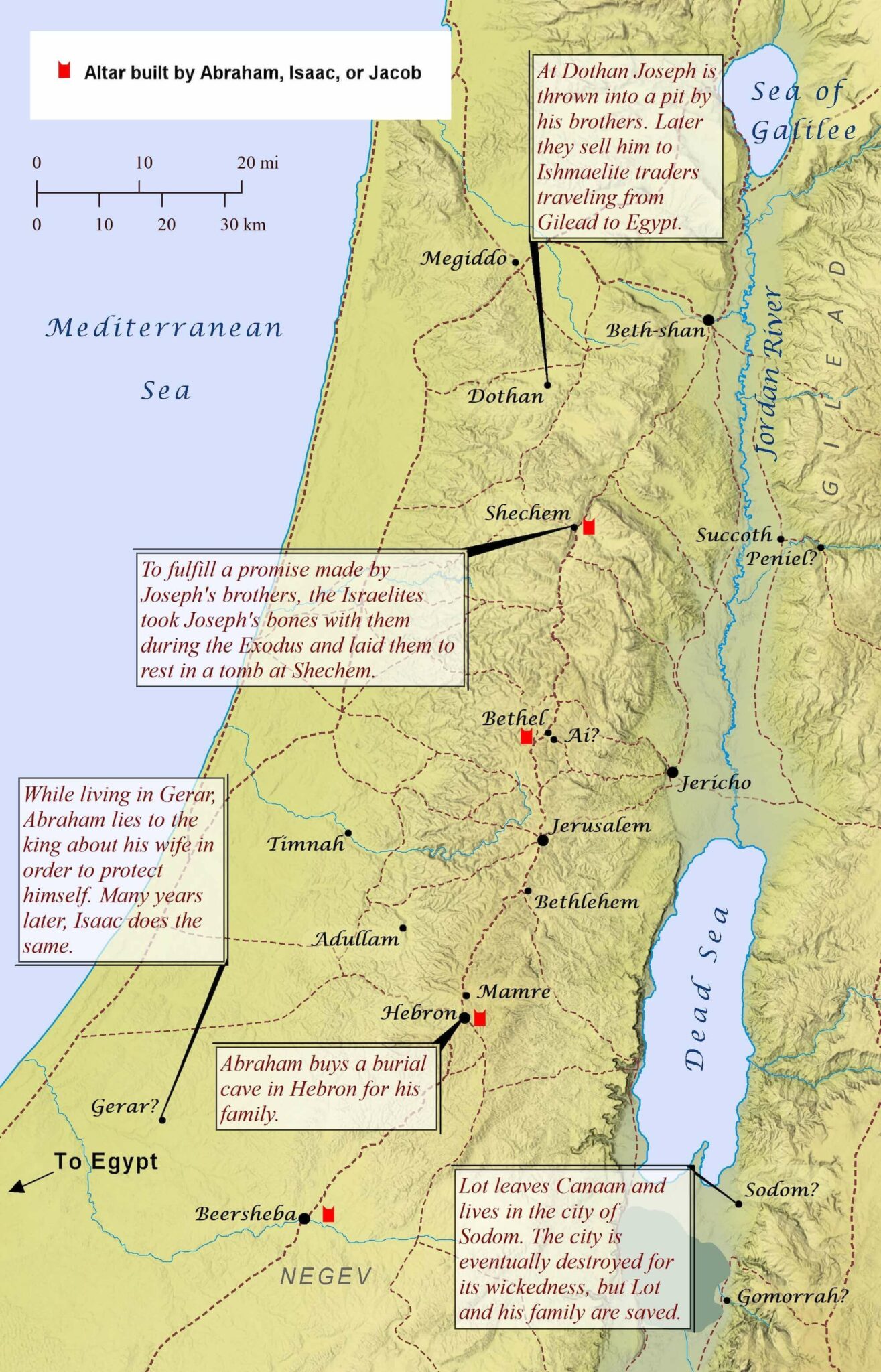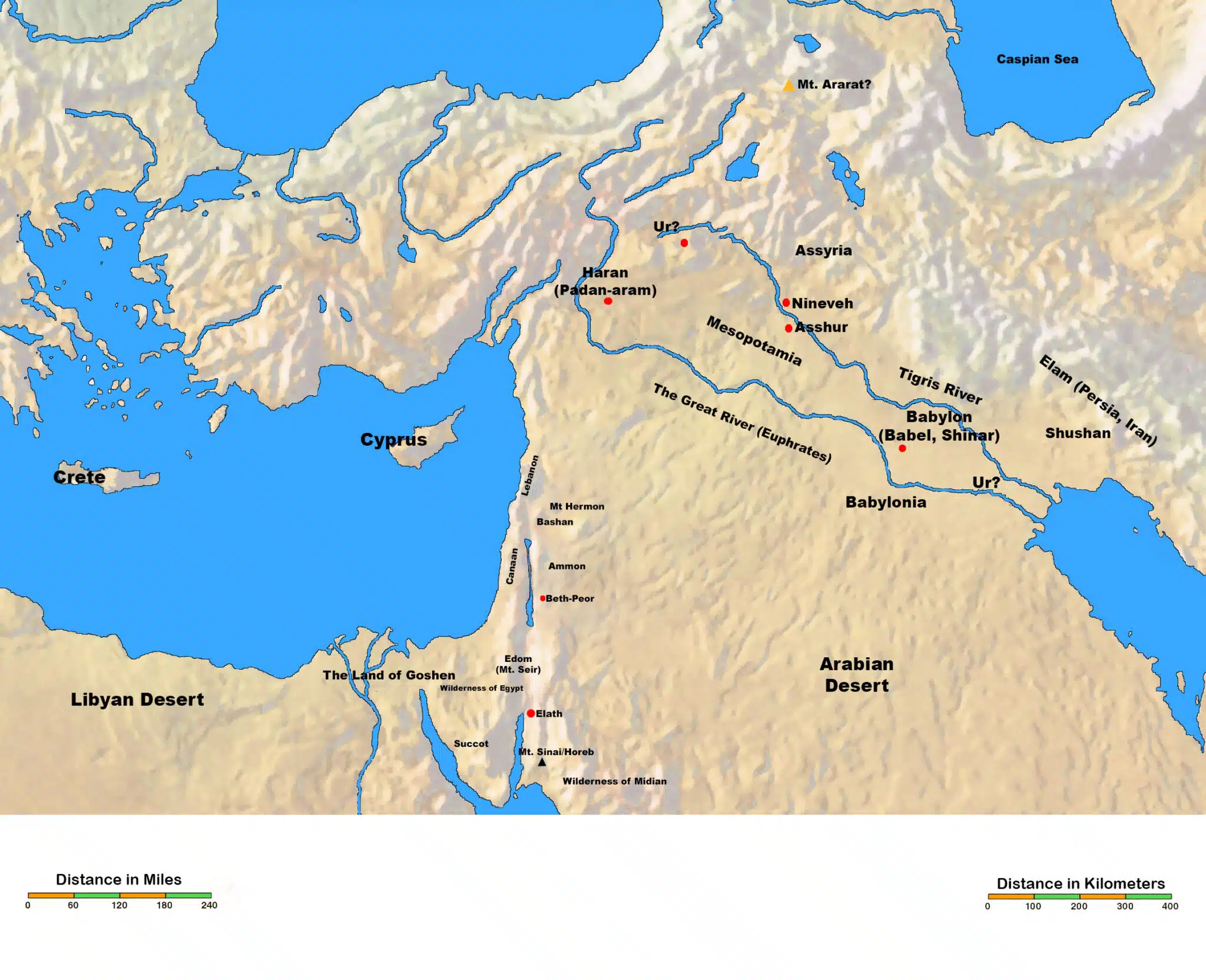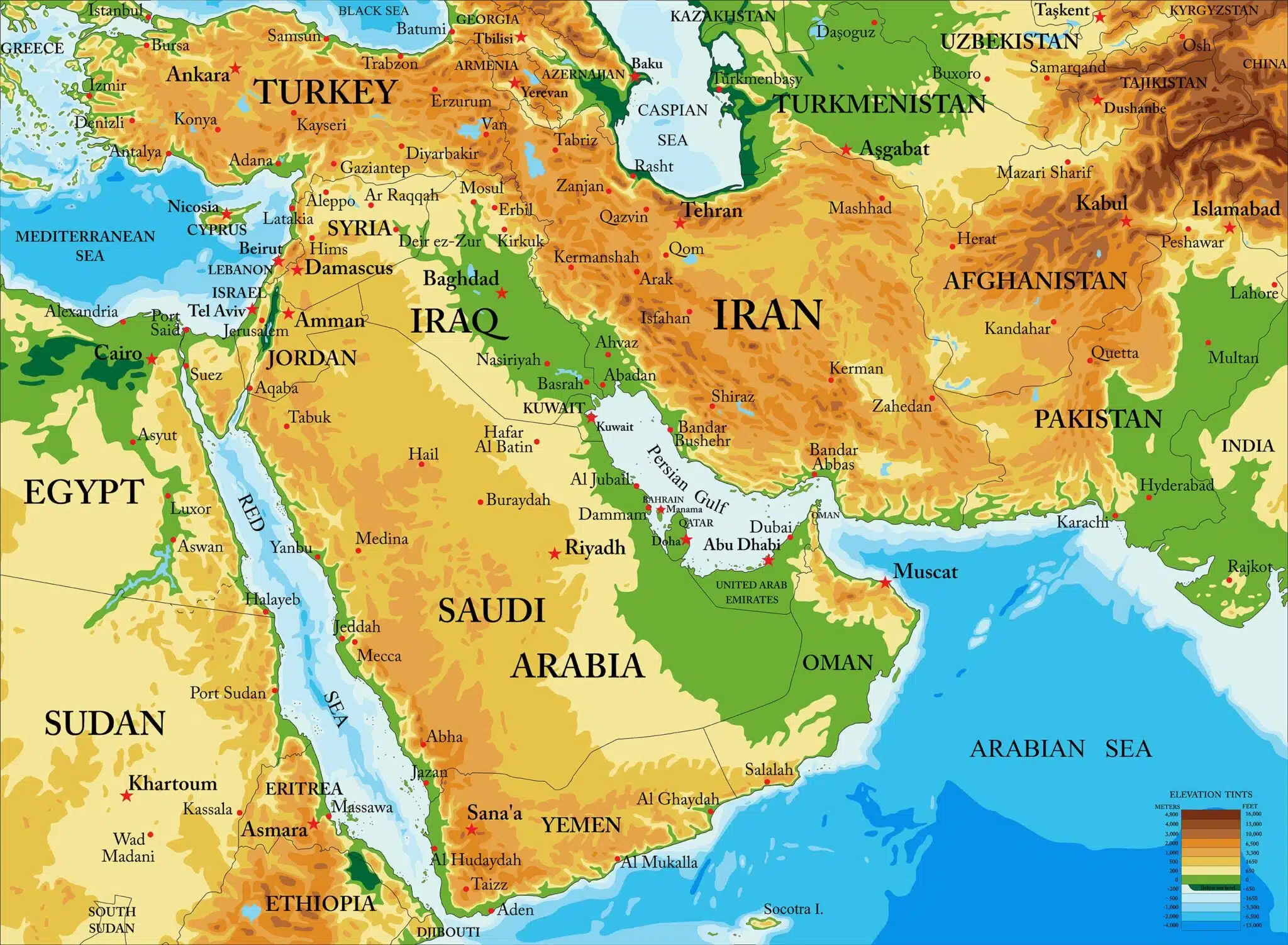Abraham humbly continues to question God. What if there is 45, 40, or even 30 righteous? God replies that He would not destroy the city if there are 30 righteous.
Abraham speaks to God very humbly and in reverence, noting that he is but dust and ashes. However, like any good trader, Abraham endeavors to strike a better “deal.” In fact, four times during their conversation Abraham shows his respect, recognizing that he is speaking to God about the fate of Sodom. Abraham clearly recognizes he has no trading leverage. But he does know the character of God, and that is what he appeals to. If God is willing to spare the city for fifty, would He spare it for forty-five? God answers in the affirmative.
Abraham continues. It is a reasonable progression. Abraham continues to bargain to spare Sodom in increments of five. The Lord’s response is always affirmative each time Abraham offers a successive proposal: Suppose the fifty righteous are lacking five? Suppose forty are found there?” When Abraham gets to forty, he shifts to increments of ten. Suppose thirty are found there? With each question, God assures Abraham that he will not destroy the city if that many righteous people are found.
Abraham shows humility and reverence toward God. Twice he asks that God not be angry with him (verses 30, 32). He humbly describes himself as unworthy to question God so directly (verse 27). Of course God knows how many are righteous. But He does not reveal that to Abraham. He allows Abraham to intercede, and play a role in the outcome of Sodom. By involving Abraham, God is teaching him and providing a lesson he can pass along to his descendants.
Biblical Text
27 And Abraham replied, “Now behold, I have ventured to speak to the Lord, although I am but dust and ashes. 28 “Suppose the fifty righteous are lacking five, will You destroy the whole city because of five?” And He said, “I will not destroy it if I find forty-five there.” 29 He spoke to Him yet again and said, “Suppose forty are found there?” And He said, “I will not do it on account of the forty.” 30 Then he said, “Oh may the Lord not be angry, and I shall speak; suppose thirty are found there?” And He said, “I will not do it if I find thirty there.”
Check out our other commentaries:
-
Exodus 31:1-11 meaning
The LORD specifies which Israelites were to construct the Tabernacle and its furnishings....... -
Haggai 2:20-23 meaning
He predicts the overthrow of the Gentile nations and the exaltation of the Davidic line through Zerubbabel. Zerubbabel is a Messianic figure that foreshadows Christ’s...... -
1 Thessalonians 1:6-10 meaning
Despite the suffering that the Thessalonians have experienced, they persist in their faith in Jesus. News of their good example has spread to the other...... -
Joel 1:8-10 meaning
Joel addresses the worshipers, urging them to lament the disaster caused by the locust plague....... -
Deuteronomy 19:4-7 meaning
Moses explained the purpose of setting aside the three cities of refuge in the Promised Land by providing a case in which one man goes......






